The New At-Home Fitness Frontier
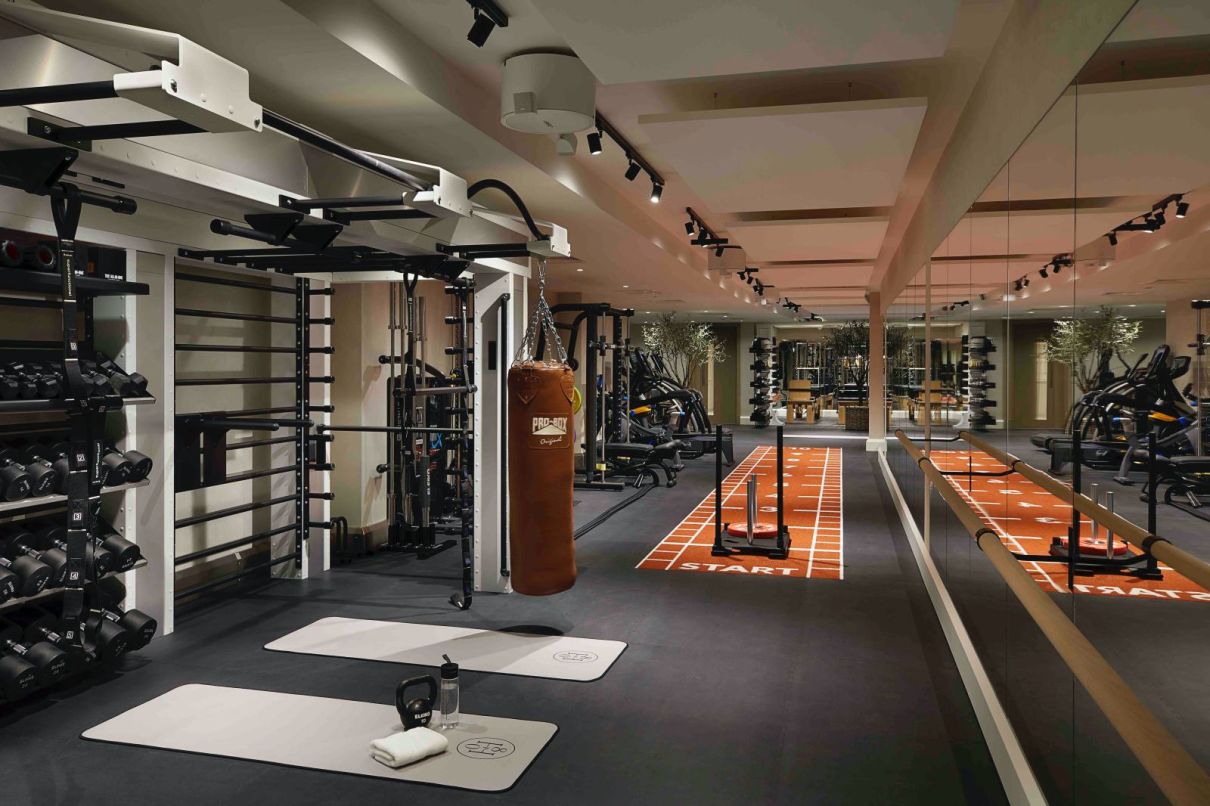
Our homes and screens have become our gyms and trainers.
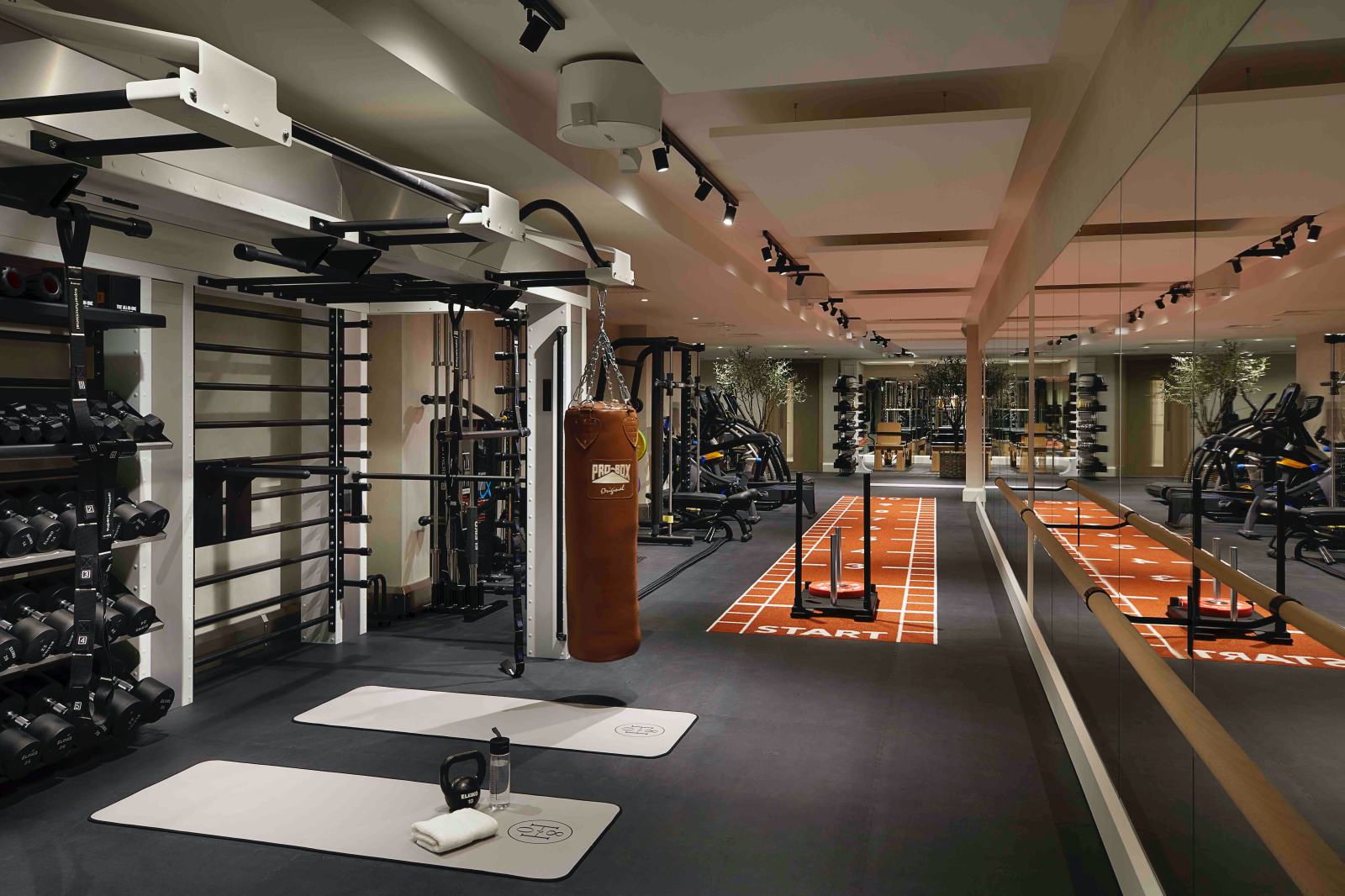
The COVID-19 pandemic has reshaped our industries in myriad ways, but none more so than that of fitness. With gyms closing and people’s ability to exercise outdoors restricted, lockdowns have led to the at-home fitness industry skyrocketing. Since March 2020, just over half of the 2,000 respondents in a recent survey by GlobalData said that they have started home workouts Some 53 percent of UK consumers have been buying more home workout products in the last 12 months, showed the survey. The near-US$100 billion fitness industry is shifting to working out, indoors, and virtually.
At the luxury end of the market, home gyms have gone super-charged. At 80 Holland Park, a scheme of 25 new luxury London residences developed by Christian Candy, one of the selling points is the performance-driven gym designed by British Olympic coach, Tim Weeks. It has a strong emphasis on 'phygital' (digital-meets-physical) tech apps such as Apple Fitness+, Peloton and Zwift, says Weeks.
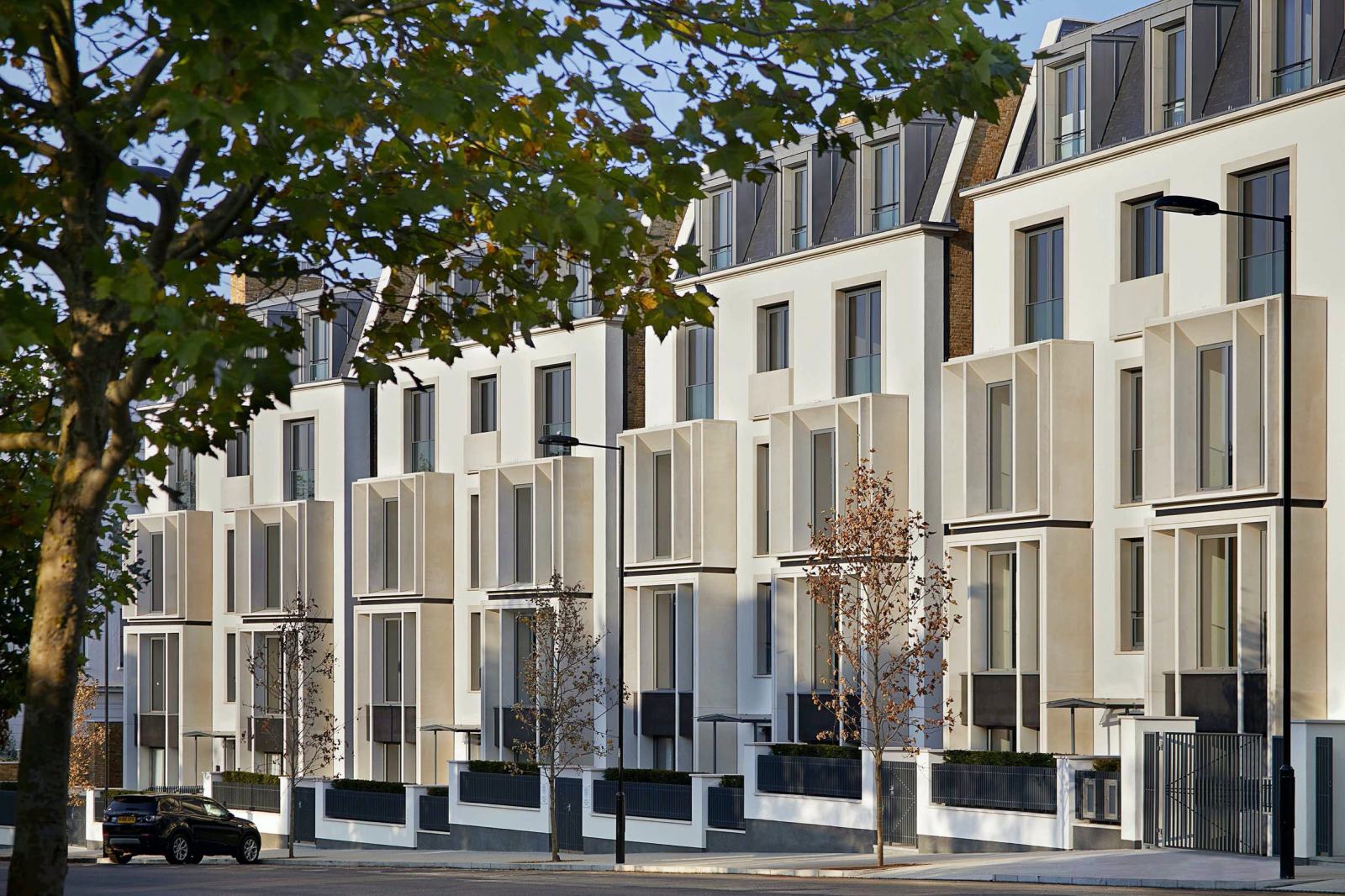
Weeks, a former Olympic athlete who had a life-threatening bike crash, is now a multi-award-winning coach and trainer to Olympic athletes and celebrities, although he prefers to keep his clients' names under wraps. He is known for making his clients 'bulletproof' by focussing on strengthening glutes and core, and the pursuit of "total human optimisation."
In a post-pandemic world, Weeks says, wellness will become an integral part of daily life and developments and corporations that put human health and wellbeing at the centre of their design, will benefit. COVID has changed the way both developers, and home buyers, view gyms.
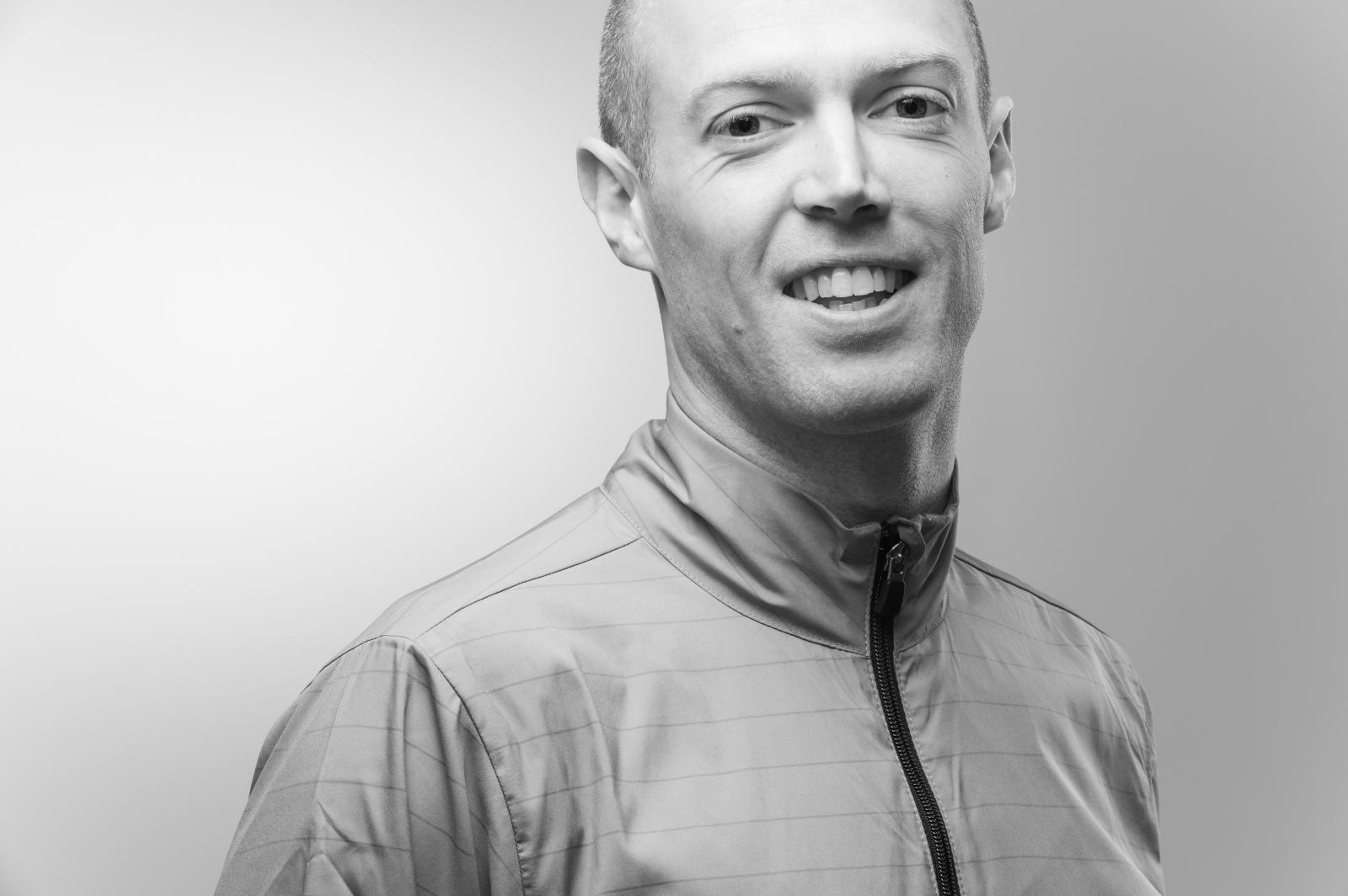
"The days of these spaces being a developer’s after-thought are gone," said Weeks. "The cramped room with a couple of machines and dumbbells in the corner simply does not cut it today."
Weeks set out on a mission to create the perfect "high-performance hub" at home, at 80 Holland Park. "As an athlete I learnt that you could have the best coaches in the world and the best training programme, but if you don’t have the right environment, you can’t facilitate your ambitions."
The residents' gym at 80 Holland Park has five zones - a ‘CrossFit' training rig with boxing bag and ballet bar for regular gym-goers, a ‘Smart’ Cardio wall with bikes, treadmills and ski ergs, a complete-body strength circuit, an open digital training area with all necessary equipment for streaming live classes, a private Pilates space, and a shortened athletics track for dynamic strengthening work.
He says what people want from a workout has undergone a radical shift. "People nowadays want to be able to work out any time, day or night, wherever they are in the world and at the click of a finger. This has largely been enabled by tech and the physical and digital worlds coming together. In addition, 10 years ago fitness was much more segmented and divided whereas now cross training has become such a big thing. By this I mean men and women incorporating a mixture of yoga, cycling, running and weights – no one tends to do just one thing anymore; whole body, as well as mind development, is in the mainstream," he said.
Weeks wanted to integrate personal tech apps such as Apple Fitness+, Peloton and Zwift into the space at 80 Holland Park. "I believe the future of fitness will be much more ‘phygital’ – a mixture of physical and digital," he says. "For this reason, we incorporated entirely ‘neutral’ equipment, allowing all residents to use the space regardless of their individual app preferences. This also plays into the fact that nowadays training doesn’t always have to take place in the gym. People increasingly vary their training programmes through choice or circumstance, requiring them to train at home or outside as well as at their gym (or someone else’s); being able to transfer across locations with digitally supported consistency was a key consideration."
The rise of 'Phygital' fitness
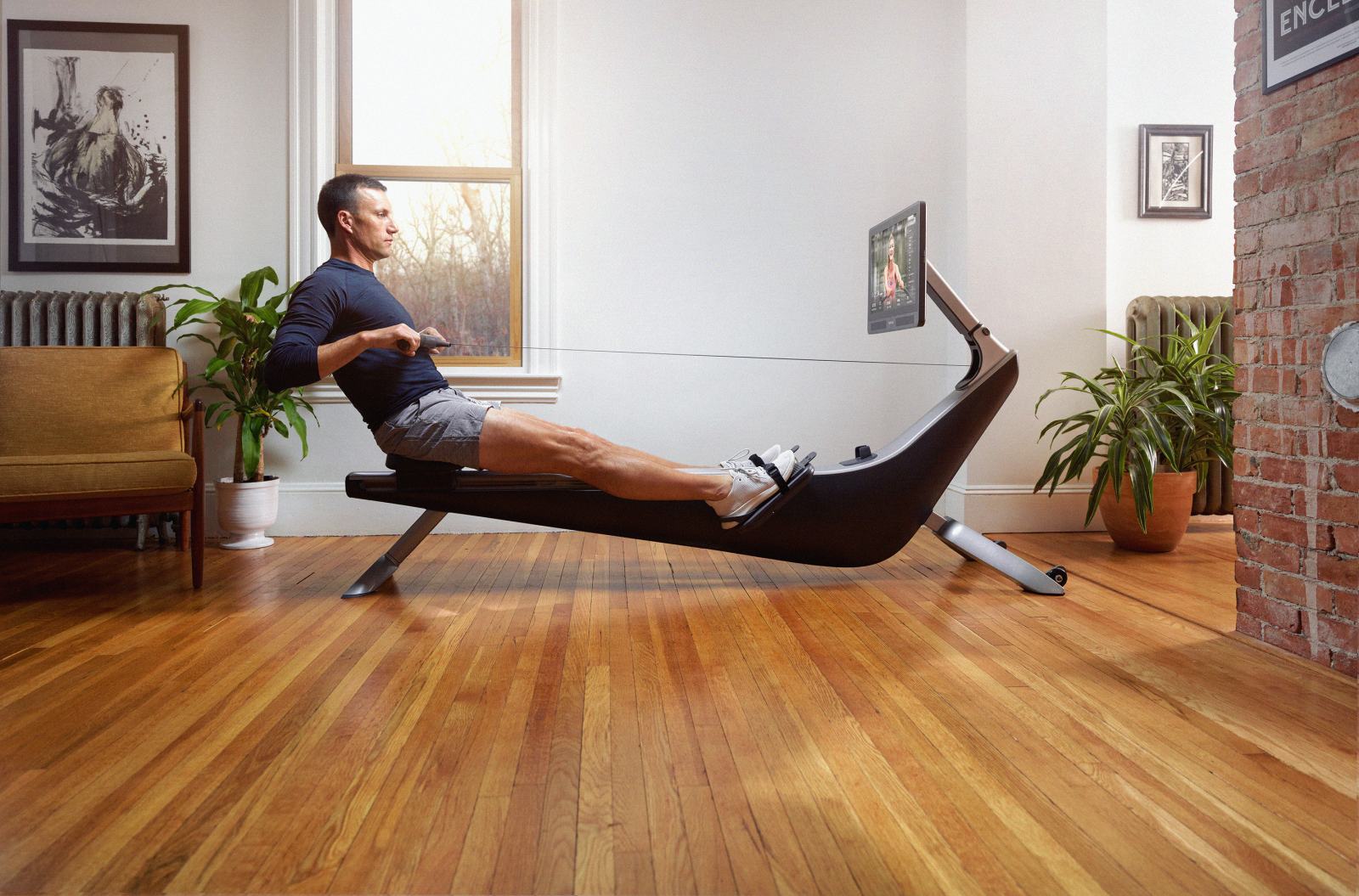
Hydrow is one such company, an at-home rowing machine with a 22" touchscreen display streaming live, workouts in global waterways, recreating an uncannily accurate feeling of being on the water. In the last year it has seen stratospheric success, with sales up 500 percent year on year, earning it the accolade as one of TIME Magazine’s Best Inventions of 2020. The company was founded by former US National Team Rowing coach, Bruce Smith (51), who wanted to create an experience of on-water rowing at home, with expert supervision.
Each class is led by a world-class athlete, including accomplished rowers and Olympians, such as Mike Dostal, a finalist in the Henley Royal Regatta, who won a bronze medal in the 2010 US Elite National Championships Men’s single, and Dani Hansen, a 2x Gold US Paralympic team athlete. “As a rower I’ve seen firsthand the profound impact that rowing can make — from the strength and motivation drawn from teammates to the peacefulness and clarity that comes from being on the water," said Smith. "Our goal is for our users to be able to replicate that every single day."
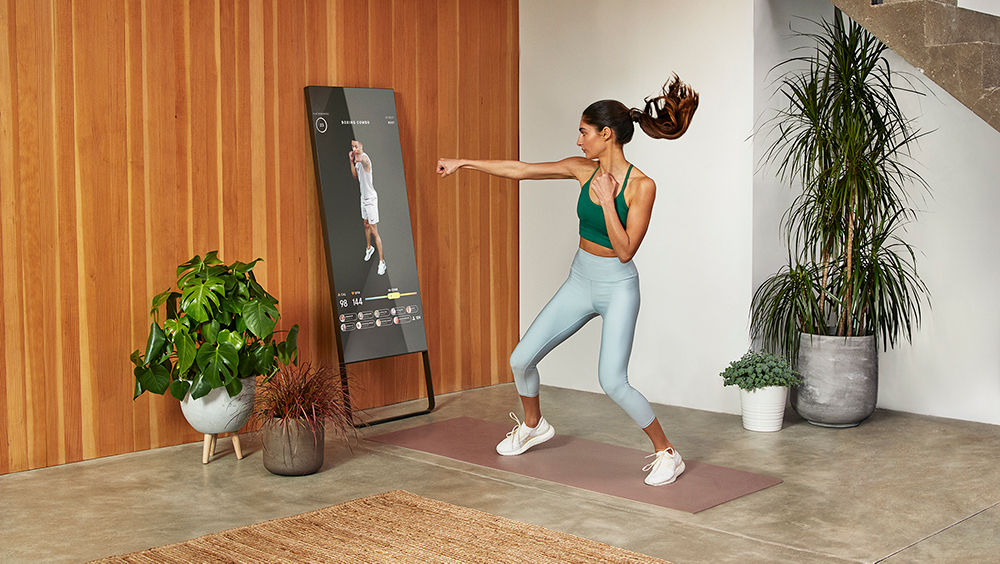
Another pandemic-fuelled success story is that of Mirror, the interactive fitness wall glass which coaches home workouts. Last year founder Brynn Putnam (37) sold the startup to Lululemon, the athleisure brand, for US$500m. During the most stringent lockdown months in the US, Mirror workouts rose by some 70 percent over pre-COVID-times. Meanwhile Peloton, the live, on-demand spinning bike with a cult following, announced Q2 fiscal revenues up 128 percent year-on-year to US$1.06 billion, with subscriber numbers jumping 137 percent during the pandemic's peak, to more than 1.33 million.
For those invested in the at-home fitness industry, the million-dollar question is whether the home workout boom will continue after the pandemic is a distant memory.
The survey by GlobalData suggests it will. A third of those who have started working out at home since the pandemic began, say that they did not exercise regularly before, and three quarters claimed they will continue doing home workouts when restrictions end.
With obesity rates at records (worldwide obesity has nearly tripled since 1975 according to the WHO), and mental health issues increasingly paramount, at-home fitness is an industry that we could all get behind.
Weeks adds, "Previously the gym was the only space where you could go and train with sufficient support and focus, but technology has enabled a new level of adaptability and flexibility."









